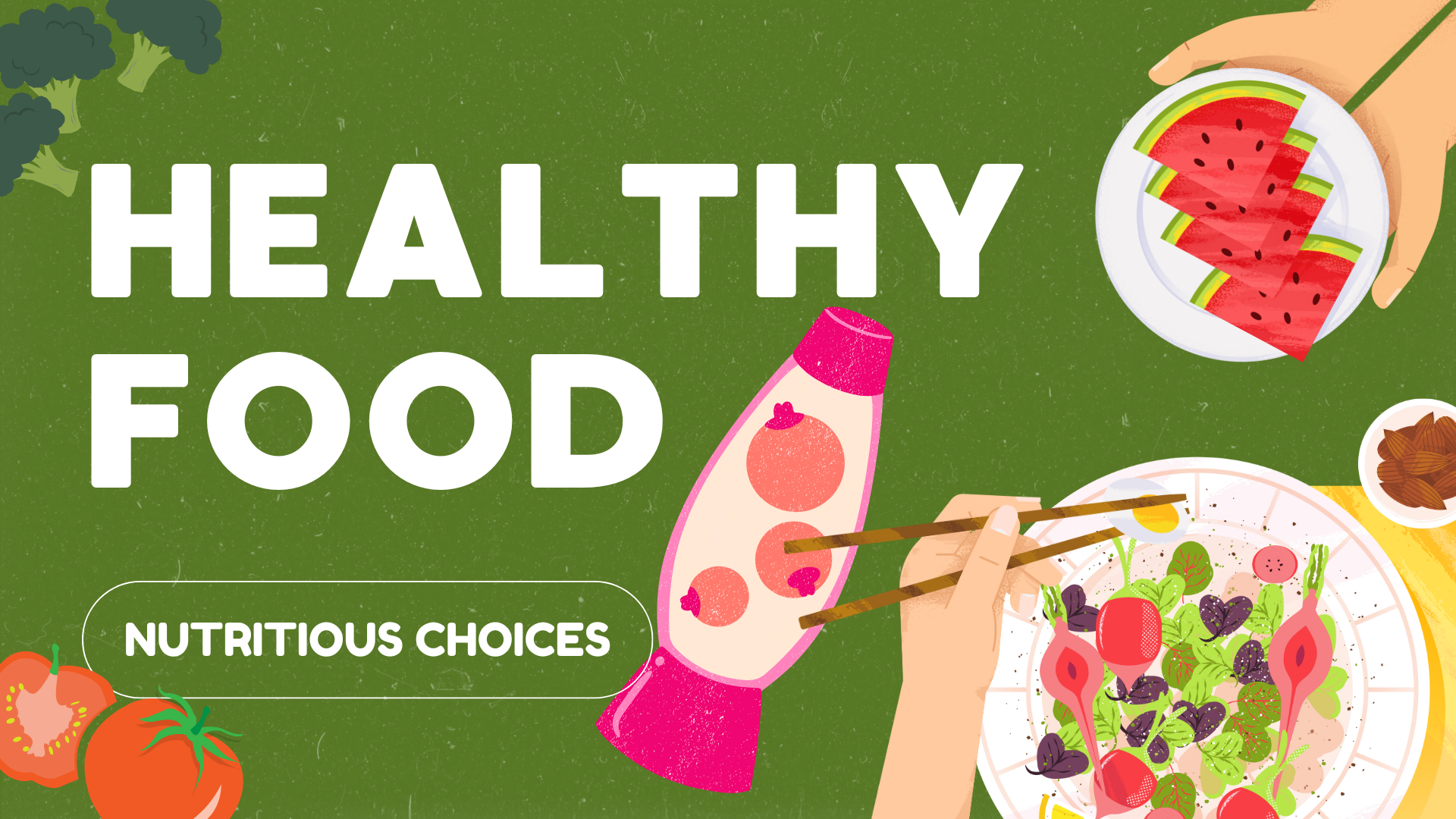Introduction
Knee pain is a common ailment affecting individuals of all ages. Whether it’s due to aging, injury, or lifestyle factors, finding relief without relying solely on medication is a priority for many. Fortunately, several natural remedies can help alleviate knee discomfort and improve joint health. This article explores ten proven strategies to manage knee pain naturally.
1. Maintain a Healthy Weight
Excess body weight places additional stress on knee joints, exacerbating pain and increasing the risk of osteoarthritis. Studies indicate that losing even a small percentage of body weight can significantly reduce knee pain and improve function. Adopting a balanced diet and regular exercise routine can aid in weight management and alleviate joint stress.
2. Engage in Low-Impact Exercises
Regular physical activity strengthens the muscles around the knee, enhancing stability and reducing pain. Low-impact exercises such as swimming, cycling, and walking are gentle on the joints while promoting flexibility and strength. Incorporating these activities into your routine can help manage knee discomfort effectively.
3. Practice Strength Training
Building muscle strength, particularly in the quadriceps and hamstrings, supports the knee joint and reduces strain. Exercises like leg lifts, hamstring curls, and step-ups can be beneficial. It’s essential to perform these exercises correctly and gradually increase intensity to prevent injury.
4. Apply Cold and Heat Therapy
Alternating between cold and heat applications can alleviate knee pain. Cold therapy reduces inflammation and numbs the area, while heat therapy relaxes muscles and improves blood flow. Applying an ice pack for 15-20 minutes several times a day, followed by a warm compress, can provide relief.
5. Use Supportive Devices
Knee braces, compression sleeves, and orthotic inserts can offer additional support and reduce pain during daily activities. These devices help stabilize the knee, distribute weight evenly, and prevent further injury. Consulting with a healthcare professional can guide you in selecting the appropriate support.
6. Incorporate Anti-Inflammatory Foods
Diet plays a crucial role in managing inflammation and joint health. Foods rich in omega-3 fatty acids, antioxidants, and vitamins can reduce inflammation and promote healing. Incorporate foods like fatty fish, leafy greens, berries, and nuts into your diet to support knee health.
7. Practice Mind-Body Techniques
Stress and chronic pain are closely linked. Mind-body practices such as yoga, tai chi, and meditation can help manage pain perception and improve overall well-being. These practices enhance flexibility, balance, and mental resilience, contributing to pain relief.
8. Ensure Proper Footwear
Wearing shoes with adequate support and cushioning can prevent misalignment and reduce knee strain. Avoid high heels and opt for footwear designed for your specific activities. Proper footwear maintains correct posture and distributes weight evenly, minimizing knee discomfort.
9. Stay Hydrated
Hydration is vital for maintaining joint lubrication and overall health. Drinking sufficient water ensures that cartilage remains hydrated and functions effectively. Aim for at least 8 glasses of water daily to support joint health and reduce stiffness.
10. Consult a Physical Therapist
A physical therapist can design a personalized exercise and treatment plan tailored to your specific needs. They can teach proper techniques, recommend supportive devices, and monitor progress, ensuring effective and safe pain management.
Conclusion
Managing knee pain naturally involves a multifaceted approach, combining lifestyle changes, physical activity, and mindful practices. By implementing these strategies, you can alleviate discomfort, improve mobility, and enhance your quality of life. Always consult with healthcare professionals before starting new treatments to ensure they align with your individual health needs.




